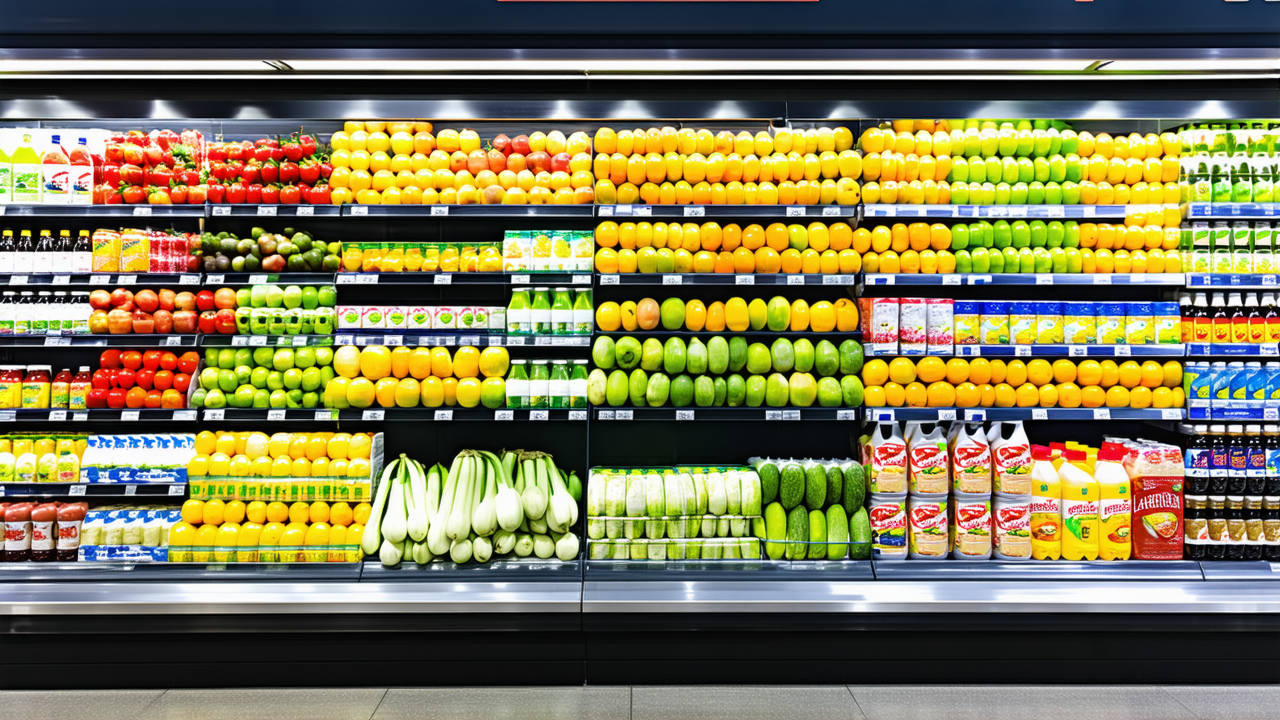What is a cartel and why is a grocery giant now facing legal action?
What is a cartel and why is a grocery giant now facing legal action?
The Commerce Commission is taking Foodstuffs North Island (FSNI) and its subsidiary Gilmours Wholesale to court over alleged cartel conduct. Here’s what you need to know about cartels, the legal claims, and what’s at stake.
What is a cartel?
A cartel is a group of businesses that collude to limit competition. This often involves agreeing on prices, market shares, or other terms to control the market. Cartel behavior can lead to higher prices, fewer choices, and lower quality for consumers.
What is the Commerce Commission saying?
The Commerce Commission, New Zealand’s regulatory body for competition, consumer, and economic issues, is accusing FSNI and Gilmours of breaking the Commerce Act and the Grocery Industry Competition Act (GICA). The commission claims that FSNI and Gilmours blocked competition by encouraging a supplier to provide goods only through them, rather than directly to a hospitality business.
What is the alleged behavior?
FSNI operates several supermarket chains, including Pak’NSave, New World, and Four Square, while Gilmours is a wholesale food and beverage company. According to the commission, FSNI and Gilmours allegedly persuaded a supplier to stop supplying a hospitality customer directly, instead funneling the supply through FSNI and Gilmours. This, the commission claims, stifled competition and potentially harmed the hospitality business.
What does FSNI say?
FSNI has denied any wrongdoing, stating, “We strongly deny any unlawful conduct.” The company has not provided further details on its defense, but its public statement suggests it does not believe the allegations are valid.
What are the legal implications?
If found guilty of cartel conduct, each company could face fines of up to $10 million. Breaching the Grocery Supply Code could result in penalties of up to $3 million. The Commerce Commission is pursuing civil action rather than criminal proceedings, as GICA does not allow for criminal liability.
What do experts say?
Competition lawyer Andy Matthews explained that the case hinges on the idea that FSNI and Gilmours were in direct competition with a supplier for a hospitality customer. According to the allegations, the supplier wanted to offer a competitive supply channel, but FSNI and Gilmours allegedly prevented that by steering the supplier toward them instead.
What is the Grocery Supply Code?
The Grocery Supply Code was introduced to address the power imbalance between large supermarkets and their suppliers. Suppliers often hesitate to challenge supermarkets due to fears of losing business or access to supermarket shelves. The code aims to ensure fair treatment and prevent abuse of market power.
What happens next?
The Commerce Commission is preparing to file a civil case against FSNI and Gilmours. The outcome of this legal battle could set a significant precedent for how competition laws are enforced in New Zealand’s retail sector. It may also influence how suppliers and supermarkets interact in the future.
